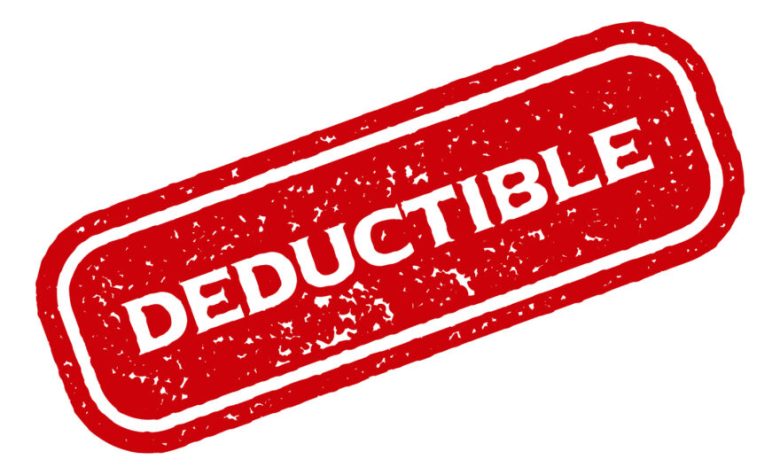It can feel like you’re learning a whole new language when it comes to insurance. It’s easy for you to get lost with terms like “premiums,” “policies,” and “claims.” The “deductible” is one of the most crucial concepts to understand. Understanding what a “deductible” is and how it functions is essential to selecting the best insurance plan and managing finances efficiently. This guide will help you understand the insurance deductible concept in simple terms.
What is an insurance deductible?
A deductible is a certain amount that you have to pay yourself for a covered loss before the insurance company begins to pay. Please regard it as your initial cost share when you file a claim. If you cause $3,000 of damage in a car crash and your policy has a $500 deductible, you will be responsible for the first $500. Once you’ve paid your deductible amount, your insurer will cover the remaining $2,500. This amount will be agreed on when you buy your policy.
How Deductibles Work
Paying a deductible can be a simple process. When your insurance policy covers a loss, you must file a claim. This scenario could be a car accident or home repair. The insurance provider will decide how much the services or damages will cost. The service provider, such as an auto repair shop or a hospital, will then be required to collect your deductible directly from you. Your insurer will pay the rest of your bill after you pay your share, up to your policy limit. For most insurance types, such as auto and home, the deductible is per claim.
Why do insurance policies have deductibles?
For a few key reasons, insurance companies include deductibles as part of their policies. They help you and your insurer share risk. It encourages policyholders, by requiring them to take a financial risk in every claim, to be more proactive and careful in preventing loss. Second, deductibles keep premiums low. Monthly or annual insurance premiums are usually lower for policies with higher deductibles. You are reducing the potential payout of the insurer by agreeing to assume a greater portion of financial risk. Deductibles can also deter people from making small claims that are frequent, as such behavior is costly to the insurer.
Selecting the Right Deductible
The right deductible will allow you to balance your monthly premium with your ability in the event of an emergency. You will pay less each month if you select a higher deductible. You must be able to afford the higher amount in case you have to file a claim. As a general rule, you should save your deductible in an emergency fund. A low deductible will reduce your out-of-pocket cost when you make a claim but will increase your monthly premiums. When deciding on the deductible amount, consider your financial situation, risk tolerance, and how much money you can realistically save for an unplanned event.
Last Thoughts about Deductibles
Knowing your insurance deductibles will help you be a more informed consumer. A deductible is the amount that you must pay before insurance coverage starts. This mechanism helps keep premiums affordable and encourages responsible behavior. You can make sure your insurance policy is effective for you by carefully selecting a deductible that matches your financial situation and your comfort level with risks.
FAQs
1. What happens if my claim is lower than my deductible amount?
If the damage or loss is less than the deductible, you must pay the full bill. The insurance company will not pay in this case. It is best to avoid filing a claim, as the insurer won’t pay and you could end up paying more for future claims.
2. Do I need to pay the deductible on every claim?
You must pay the deductible on each claim for most insurance types, such as auto or homeowners. If you had two separate car crashes in one year, for example, you would have to pay a deductible per incident. With health insurance you usually have to meet an annual deductible.
3. What if I want to change the amount of my deductible?
You can change your deductible at any time, except when you have a claim open. To adjust your deductible, you can contact your insurer at any time. Often, this step is during the renewal period of your policy. You can reduce your premium by increasing your deductible, but you will most likely see an increase in your premium if you lower it.
4. Where can I pay my deductibles?
You usually pay the deductible to the company providing the service. If your car needs to be repaired, for example, you’d pay the deductible at the auto body shop. You would pay the deductible to a hospital or clinic if you were having a medical procedure. The insurance company pays the remainder to the service provider.
5. Do all types of insurance have a deductible?
The majority of common insurance types, including auto, home, renters, and health insurance, have deductibles. Not all policies, or all types within a particular policy, will have deductibles. Liability coverage, which is included in auto policies and covers damage to others, does not usually have a deductible. You should always read your policy carefully to determine which coverages have a deductible.




